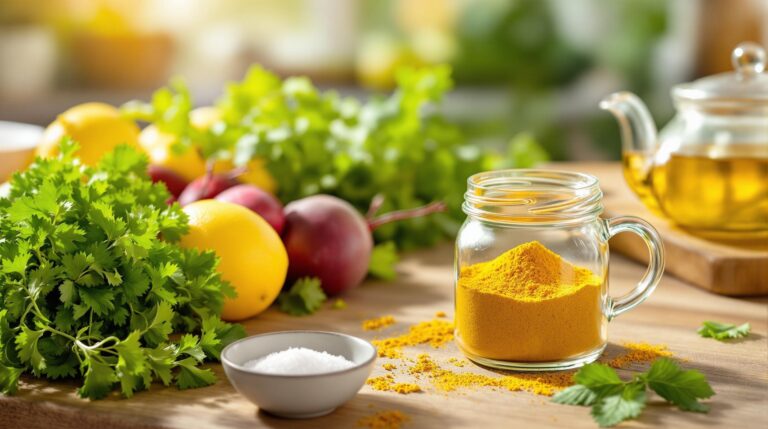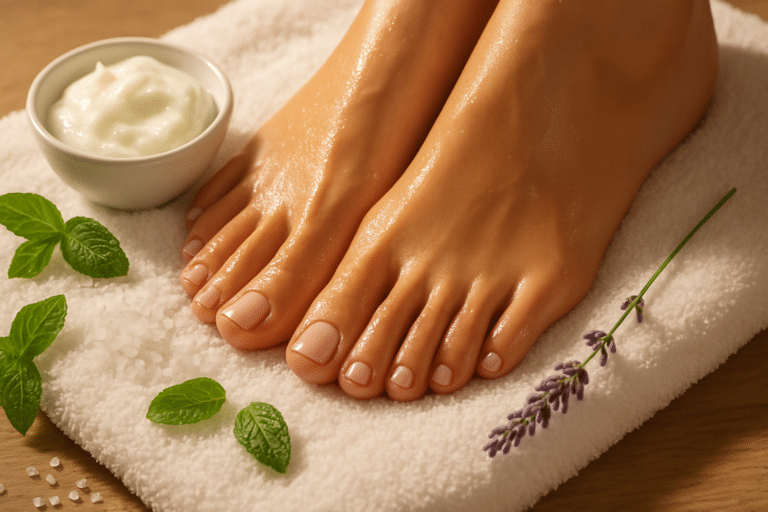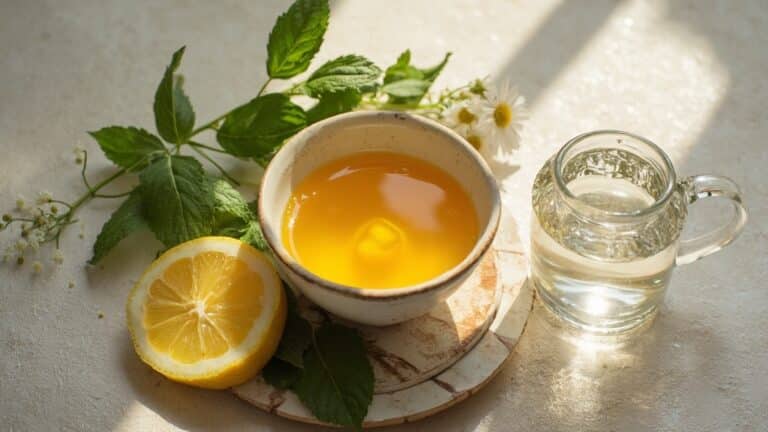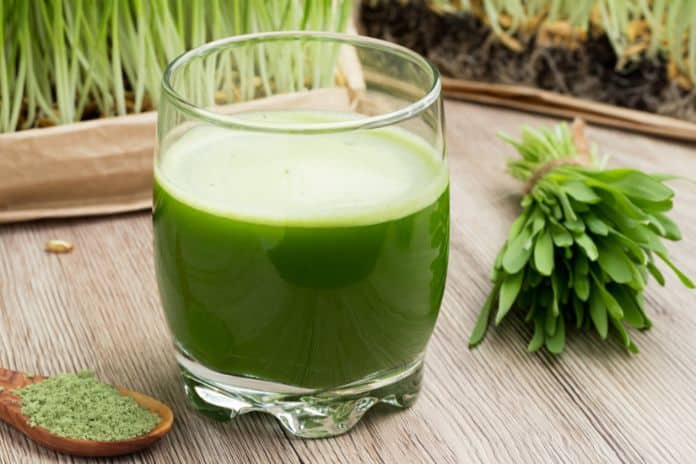5 Natural Remedies for Pneumonia Recovery

Recovering from pneumonia can feel overwhelming, but you don’t have to rely solely on medication. There are several natural remedies that can support your healing process. From the right nutrition to soothing herbal teas, these methods might help alleviate your symptoms and boost your immune system. Interested in learning how simple lifestyle changes can make a difference? Let’s explore some effective strategies that could aid your recovery.
Rest and Nutrition for Optimal Recovery
When you’re recovering from pneumonia, prioritizing rest and nutrition is essential for your healing process.
Rest conserves the energy your immune system needs to fight infection and repair lung tissue. Adequate sleep reduces inflammation and supports overall healing, while avoiding strenuous activities prevents exacerbation of symptoms. Additionally, recovery can take from a week to several months, depending on the severity of illness. Start with bed rest and gradually increase mobility as you regain strength. Consuming immune-boosting foods can significantly enhance your recovery.
Rest is vital for your immune system to combat infection and heal lung tissue effectively.
Alongside rest, focus on hydration. Drinking enough fluids helps thin mucus, making it easier to breathe. Choose heart-healthy foods rich in lean proteins, colorful fruits, and whole grains to support your immune function and energy levels.
Remember, small, frequent meals can help maintain your energy without overwhelming your digestive system. Your body needs this time to heal, so listen to its signals.
Herbal Teas for Symptom Relief
Herbal teas can be a soothing addition to your pneumonia recovery plan, as they offer various benefits that target specific symptoms. Incorporating specific herbal teas can help alleviate discomfort and promote healing.
Here are 3 types of herbal teas you might consider:
- Ginger Tea: With its anti-inflammatory properties, it can reduce fever and headaches while loosening mucus.
- Turmeric Tea: Known for its curcumin content, it helps reduce inflammation and eases chest pain.
- Peppermint Tea: This tea not only soothes your throat but also helps break down mucus, relieving coughs and congestion.
Additionally, maintaining a balanced diet rich in whole foods can support your overall recovery by boosting your immune system and enhancing your mental wellness.
Humidification and Steam Inhalation Techniques
In addition to the soothing effects of herbal teas, humidification and steam inhalation techniques can play a significant role in your pneumonia recovery. Using a cool-air humidifier helps maintain air moisture, reducing irritation in your nose and throat while easing breathing and coughing. This method can complement other treatments, enhancing your overall recovery. Walking pneumonia may resolve on its own within 1 to 3 weeks, making these techniques especially beneficial during that time.
Steam inhalation is another effective technique that involves inhaling warm, damp air, which can soothe your throat and lungs. Warm showers can also provide relief by promoting relaxation and enhancing blood flow. You can use it with or without essential oils for added benefits. Just make sure the steam isn’t too hot to avoid burns. Both methods are low-cost and accessible, making them valuable options for managing symptoms during your recovery journey.
Natural Anti-inflammatory and Immune-Boosting Compounds
Natural anti-inflammatory and immune-boosting compounds can greatly aid your recovery from pneumonia. Incorporating these natural remedies into your routine can enhance your immune response and reduce inflammation.
Here are 3 effective options:
- Turmeric: This spice contains curcumin, known for its anti-inflammatory and antioxidant properties, helping combat inflammation. It is particularly beneficial for reducing lung inflammation during recovery.
- Echinacea: This herb stimulates your immune system, potentially preventing repeated respiratory infections during recovery.
- N-Acetylcysteine (NAC): An antioxidant that may reduce lung damage and inflammation, supporting your overall respiratory health.
Adding these compounds to your diet can’t only help you feel better but also promote a faster recovery from pneumonia.
Be sure to consult with a healthcare professional before starting any new supplement or herbal remedy.
Breathing Support Techniques and Lifestyle Practices
Breathing support techniques and lifestyle practices play an essential role in your recovery from pneumonia. Focus on pursed lip and diaphragmatic breathing to enhance lung function. Pursed lip breathing helps reduce your breath rate, while diaphragmatic breathing promotes deeper inhalations. Incorporating postural drainage can also assist in clearing mucus. Additionally, practicing breathing exercises can help strengthen the diaphragm and improve overall lung capacity. Engaging in consistent exercise can further support your lung function and overall recovery.
Stay hydrated and rest adequately to support your body’s healing process. Eating a healthy diet rich in nutrients boosts your immune system. Avoid smoking and secondhand smoke, as they can hinder recovery. Gentle exercises, like walking, can improve your lung capacity over time. Finally, monitor your symptoms and stay in touch with your healthcare provider for ideal recovery support.
Safe Pneumonia Remedies for Kids at Home
When it comes to children, pneumonia can be frightening for parents and caregivers. While medical treatment from a pediatrician is always the most important step, there are also supportive home remedies that can help your little one feel more comfortable during pneumonia recovery. Below are five safe and gentle approaches you can try at home.
1. Keep Them Well-Hydrated
Hydration is key when managing pneumonia in kids. Warm fluids such as water, mild herbal teas (age-appropriate), or clear broths can help loosen mucus and make coughing more effective. Keeping your child hydrated also supports their immune system and prevents dehydration caused by fever.
2. Use a Cool-Mist Humidifier
Dry air can make coughing and chest discomfort worse. Placing a cool-mist humidifier in your child’s room adds moisture to the air, which eases breathing and helps thin mucus. Be sure to clean the humidifier daily to prevent bacteria and mold growth.
3. Elevate Their Head While Resting
Kids with pneumonia often have a harder time sleeping because of coughing and congestion. By slightly elevating their head with an extra pillow, you can reduce nighttime coughing and make breathing easier. This simple adjustment can improve both their comfort and quality of rest.
4. Honey for Soothing the Throat (Age 1+)
If your child is over the age of one, honey can be a wonderful natural remedy. Just half a teaspoon before bed can soothe a sore throat and reduce nighttime coughing. Honey coats the throat, providing comfort while also offering mild antibacterial properties.
⚠️ Never give honey to babies under one year old due to the risk of infant botulism.
5. Warm Compress for Chest Relief
A warm (not hot) compress placed gently on the chest can ease discomfort from coughing and congestion. This helps relax tight chest muscles and provides a sense of comfort. Always test the temperature on your wrist before placing it on your child to avoid burns.
💡 Important Reminder: These home remedies for pneumonia are meant to support your child’s recovery, not replace medical treatment. If your child shows signs of fast breathing, bluish lips, high fever, or unusual drowsiness, seek medical attention immediately.
Frequently Asked Questions
Can I Take Over-The-Counter Medications With Natural Remedies?
Yes, you can combine over-the-counter medications with natural remedies. Just make sure to consult a healthcare provider to avoid interactions. Always follow recommended dosages and monitor your symptoms closely during recovery.
How Long Does Pneumonia Recovery Typically Take?
Pneumonia recovery typically takes anywhere from one to three weeks for healthy individuals, while older adults and those with comorbidities may require longer. Be patient, as complete recovery can take several months in some cases.
Are There Any Specific Foods to Avoid During Recovery?
During recovery, you should avoid processed meats, fried foods, refined carbohydrates, sugary items, and alcohol. These can worsen symptoms, increase mucus, and hinder your immune system, slowing down your overall recovery process.
When Should I Seek Medical Attention During Recovery?
If you notice persistent symptoms like a lingering cough, fever, or shortness of breath, seek medical attention. Increased chest pain or new symptoms, such as confusion or severe headaches, also require immediate evaluation.
Can Pneumonia Affect My Mental Health or Mood?
Yes, pneumonia can definitely affect your mental health and mood. You might experience anxiety, depression, or irritability due to physical pain and the stress of treatment, making emotional support essential during your recovery.
Conclusion
Incorporating these natural remedies can greatly aid your recovery from pneumonia. Prioritize rest and a nutritious diet to fuel your healing process. Sip on herbal teas to relieve symptoms, use humidifiers and steam inhalation to soothe your respiratory system, and explore natural compounds to boost your immune function. Finally, practice breathing techniques to enhance lung capacity. By taking these steps, you’ll support your body’s recovery and feel better in no time.
References
- https://www.medicalnewstoday.com/articles/320881
- https://www.healthline.com/health/home-remedies-for-pneumonia
- https://www.webmd.com/lung/ss/slideshow-pneumonia-home-treatment
- https://naturemed.org/natural-pneumonia-remedies/
- https://www.h-h-c.com/top-10-home-remedies-for-pneumonia-symptoms/
- https://www.nhlbi.nih.gov/health/pneumonia/recovery
- https://www.houstonmethodist.org/blog/articles/2021/jun/how-to-regain-strength-after-pneumonia/
- https://www.lybrate.com/topic/diet-for-pneumonia
- https://www.lung.org/lung-health-diseases/lung-disease-lookup/pneumonia/treatment-and-recovery
- https://txercare.com/blog/feeling-weak-after-pneumonia-heres-how-to-feel-better-fast/






